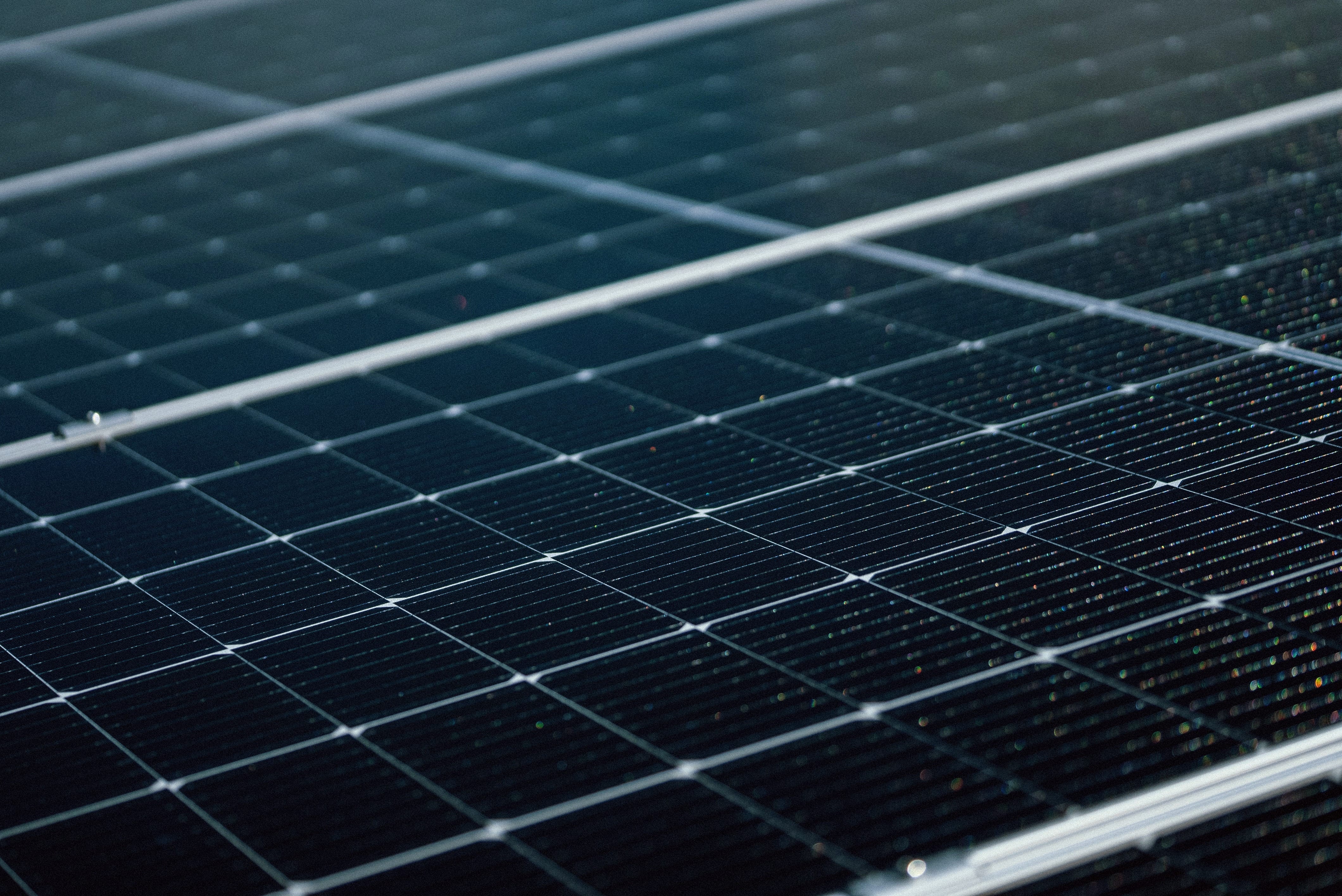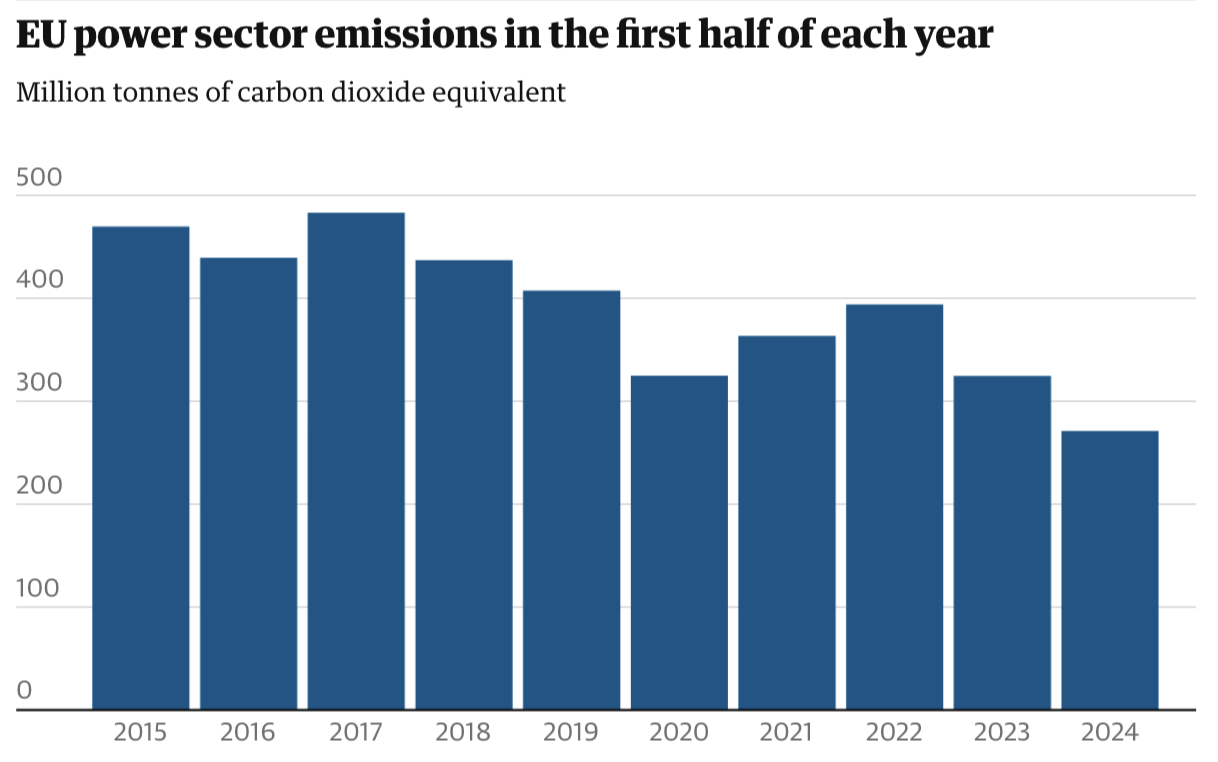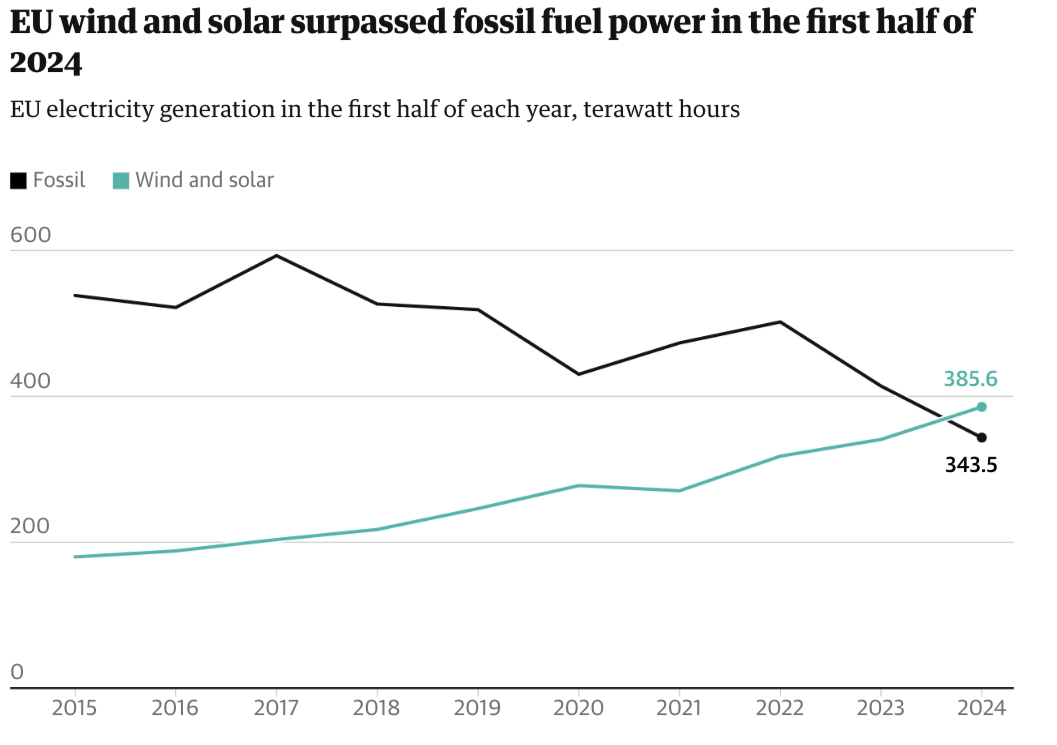

For the first time, solar and wind energy are overtaking fossil fuels in the European Union. A total of 13 out of 27 EU countries produced more power from solar and wind energy than fossil energy.
.jpeg)
In the first half of 2024, 30 percent of EU power consumption came from wind and solar energy, while 27 percent came from fossil fuels, according to a report by the climate think tank Bucket. This is the first time ever that solar and wind energy outperforms fossil fuels. The report shows that the production of power from coal, oil and gas fell by 17% compared to the same period of the previous year. This shift away from fossil fuels has led to a reduction in the energy sector's emissions by a third since the first half of 2022.

A total of 13 out of 27 EU countries produced more power from solar and wind energy than fossil energy. Five years ago, only five out of 27 countries generated more from renewable sources than from fossil fuels.
Chris Rosslowe, an analyst at Ember, stated that the growth in wind and solar energy is reducing the role of fossil fuels: “We are witnessing a historic shift in the power sector and it is happening fast.”
Recent years have fundamentally changed the EU's approach to the energy transition, especially after Russia's invasion of Ukraine that led to sky-high gas and electricity prices. This has resulted in a significant acceleration of the development of wind and solar energy in the Member States. New policy initiatives at both national and EU level have recognised and strengthened the role of clean energy technologies to minimise dependence on fossil fuel imports and to protect consumers from volatile prices. Falling prices for solar panels have helped sustain the development, even as energy prices begin to return to pre-crisis levels.

Rosslowe believes that if member states maintain progress in the development of wind and solar energy, independence from fossil fuels will become increasingly realistic.
READ ALSO: Price of solar cells at its lowest ever
.jpeg)